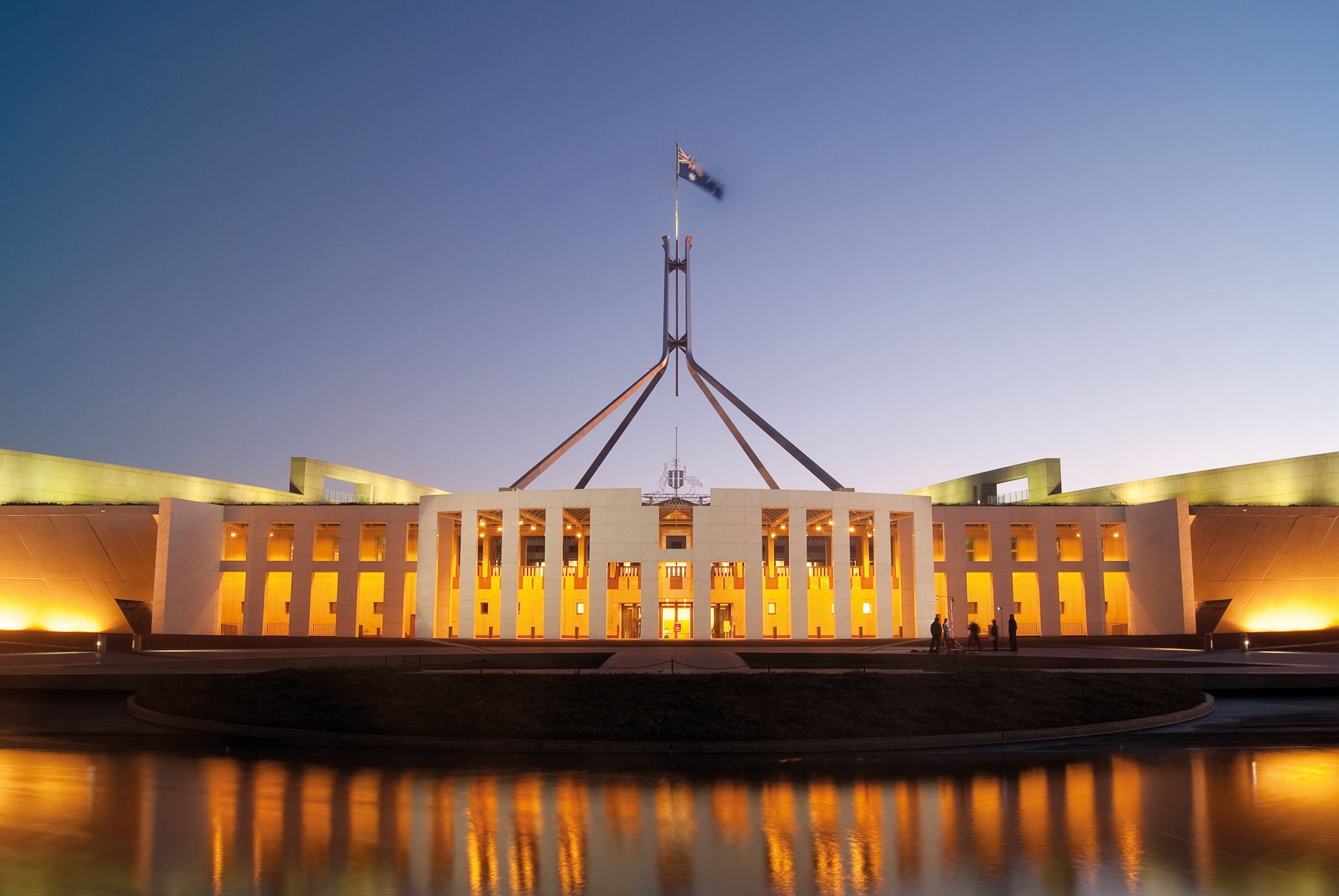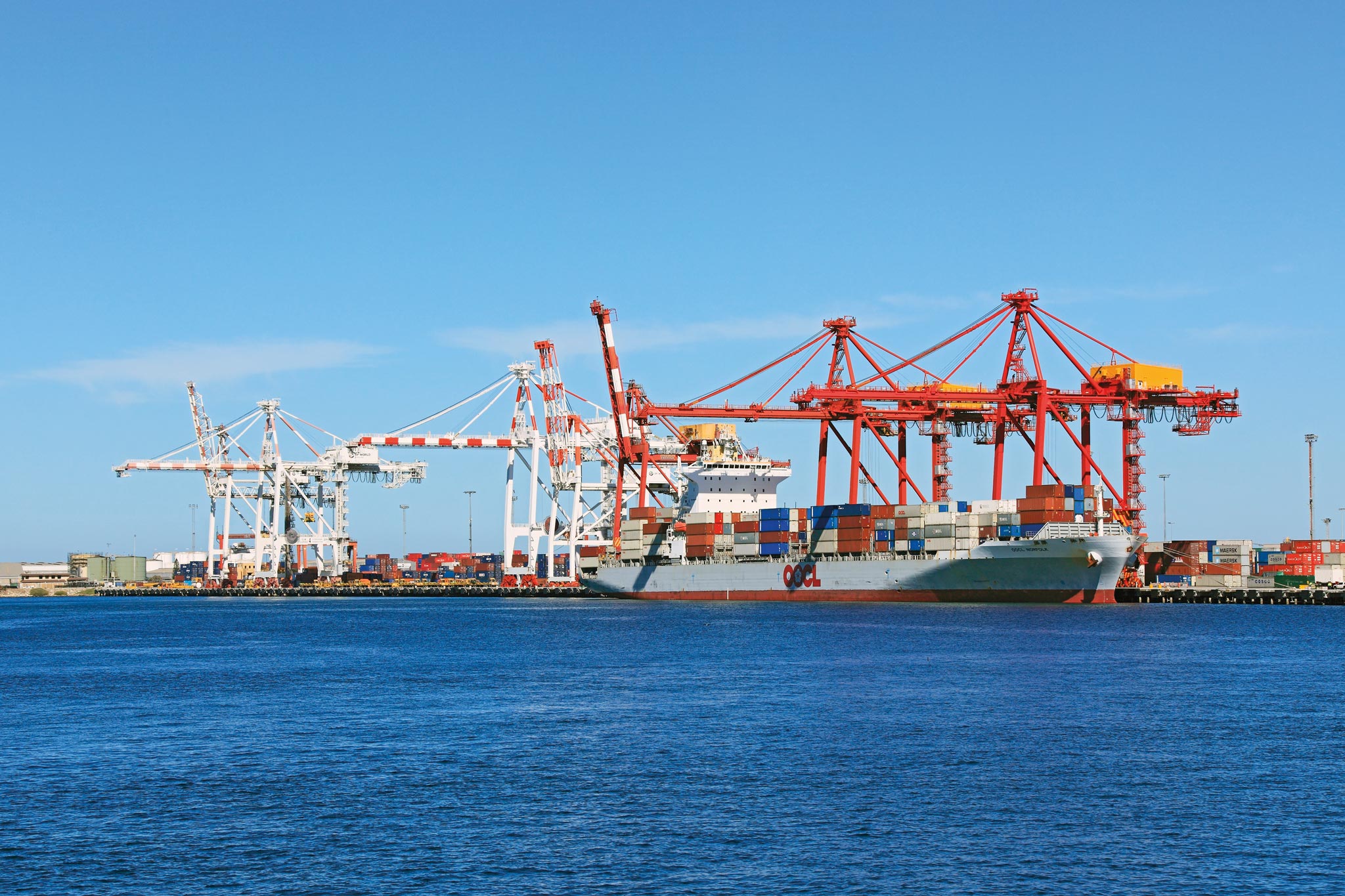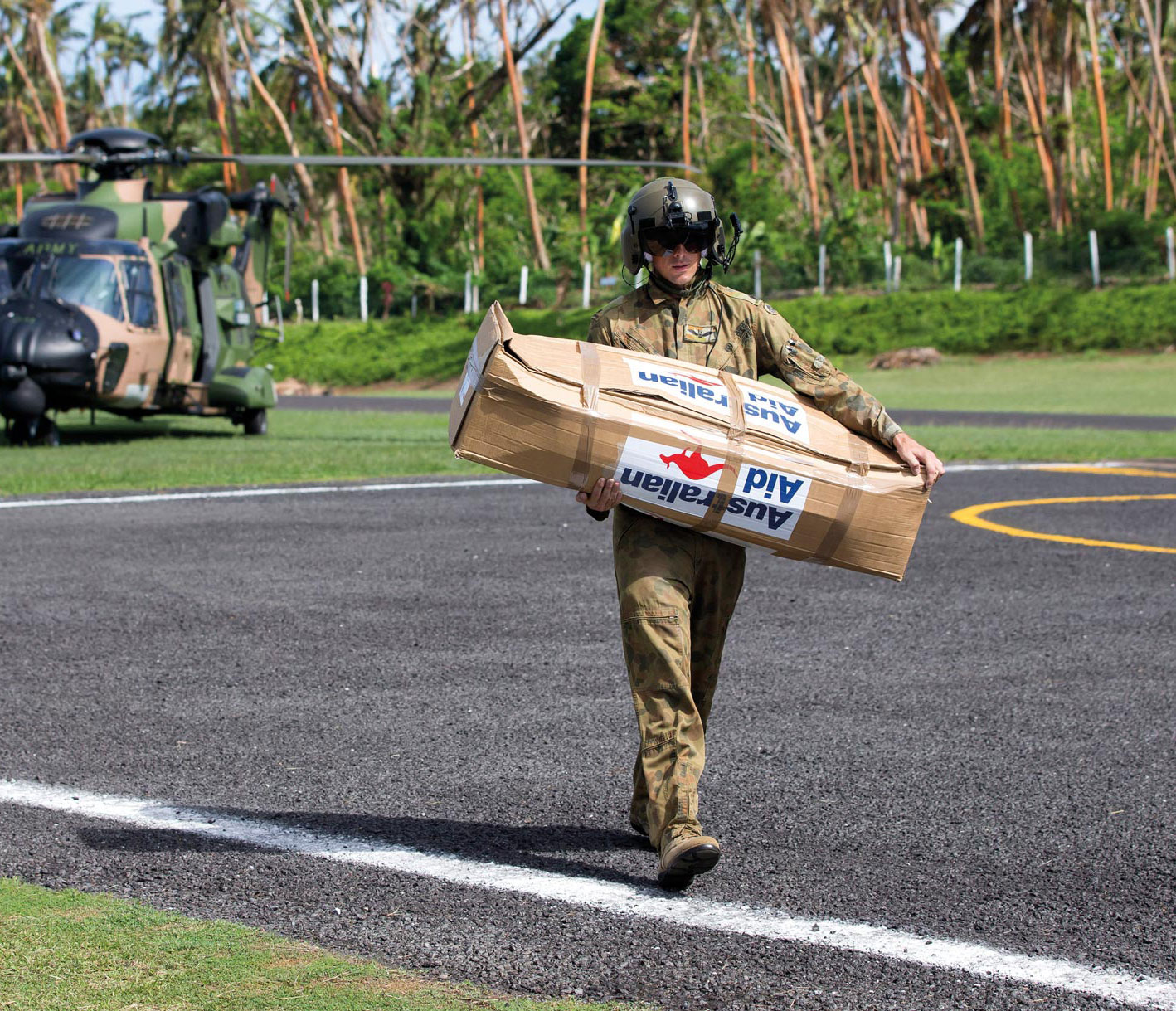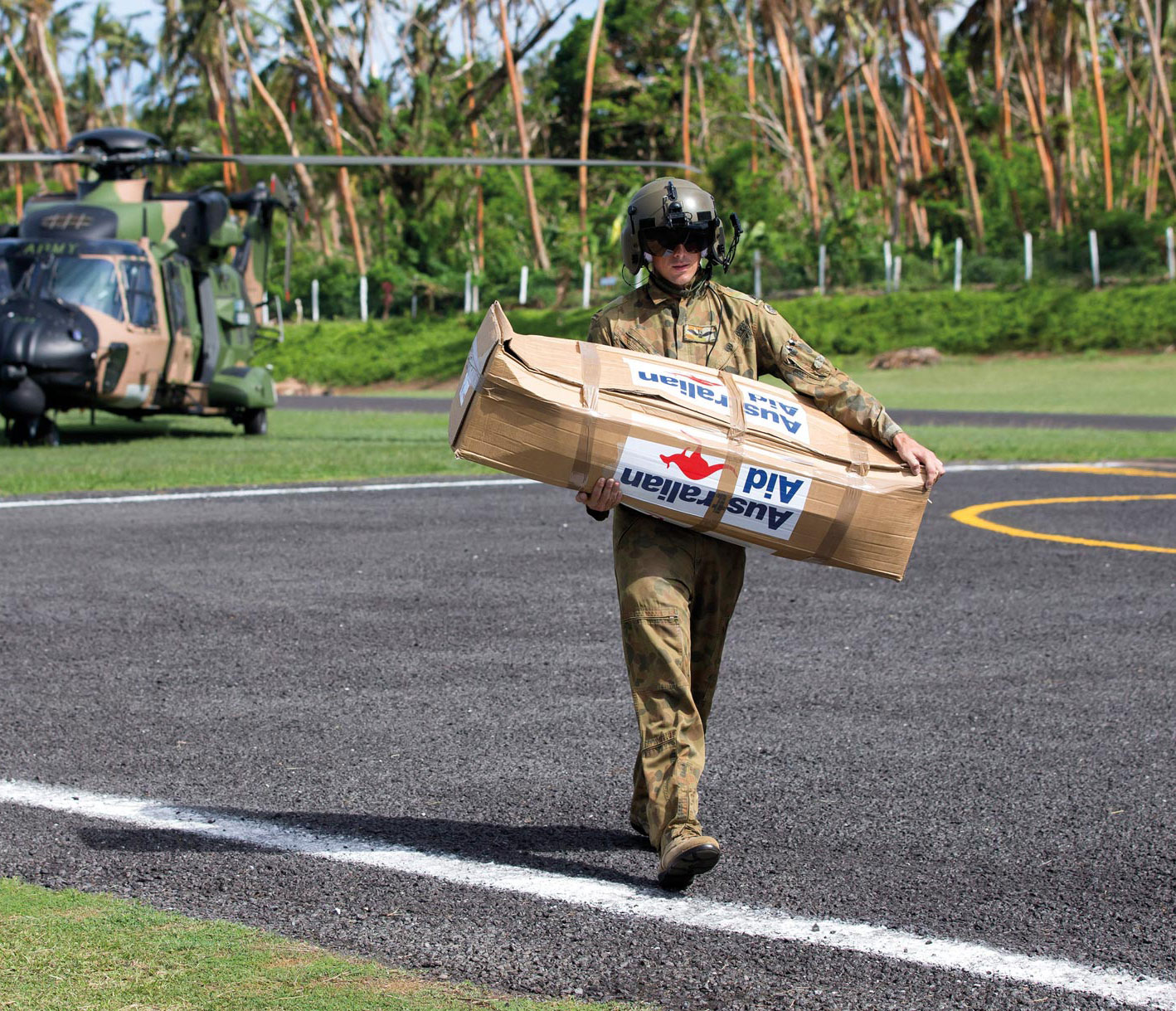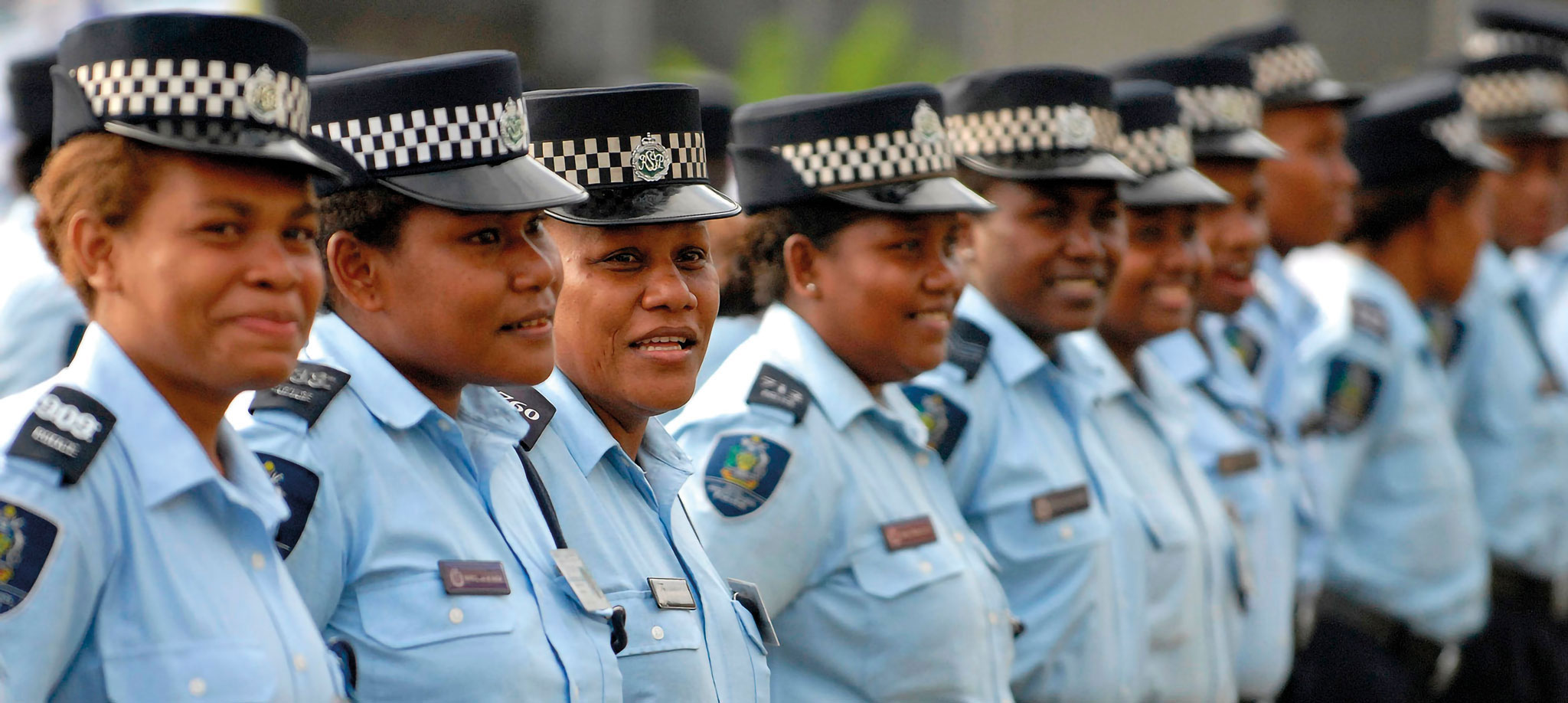Over the coming decade, the digital economy will further transform how we do business and connect with the world. By 2020, Australia’s digital economy is projected to be worth as much as $139 billion, or 7.3 per cent of GDP. Digital technology will increasingly underpin wide-ranging aspects of the broader economy.
Whether the internet continues to create opportunities for growth and development will depend on it remaining open, free and secure. The Government believes that the maintenance of our security online and the protection of freedom online reinforce each other.
An increasing dependence on global ICT networks means that the potential costs of disruption are large and growing. Cyber incidents in Australia and overseas disrupt infrastructure and services, cause billions of dollars in damage to companies, and threaten the integrity of government and private networks. At the extreme, a cyber attack could seriously compromise national security.
The Government is doing everything in its power to protect the nation from cyber attack and to defend our interests in cyberspace. We are implementing the five priorities of our $230 million Cyber Security Strategy: a national cyber partnership between government and business; strong cyber defences; the pursuit of global responsibility and influence; ensuring growth and innovation; and delivering a cyber-smart nation.
A focus of the Strategy is to make Australia’s networks and systems hard to compromise and resilient to cyber attacks. We will work closely with the private sector to safeguard the country against criminality, espionage, sabotage and foreign interference online. The 2016 Defence White Paper also outlines a $400 million investment in Defence cyber security capabilities.
The Government’s International Cyber Engagement Strategy sets out Australia’s international agenda to ensure cyberspace continues to evolve in a manner consistent with our interests and values. A key driver is to maximise economic opportunity for Australia through digital trade.
Australia aims to preserve the multi-stakeholder model of internet governance involving the community as equal partners with governments. Australia will also protect freedom of speech, freedom of association and privacy online.
Strong cyber defences and law enforcement measures will sit at the forefront of our response to cybercrime. The Government has authorised the Australian Signals Directorate to use its offensive cyber capabilities to disrupt, degrade, deny and deter offshore cyber criminals. This capability is subject to stringent oversight and will be used consistent with our obligations under domestic and international law.
We are committed to peace in cyberspace. Australia affirms that existing international law applies in cyberspace. We will continue to advocate that states adhere to agreed norms of responsible behaviour in cyberspace, including that they refrain from using cyber means to intentionally damage critical infrastructure (as agreed by the UN Group of Governmental Experts on cyber), and that no state should conduct or support ICT-enabled theft of intellectual property—including state secrets or other confidential business information—with the intent of providing competitive advantages to companies or the commercial sector.
Australia will work with our partners to respond to and deter malicious cyber activity, particularly that involving state actors and their proxies. Australia’s response will be proportionate, comply with domestic law, and be consistent with our support for the rules-based international order and our obligations under international law. Australia will also promote cyber confidence-building measures to reduce the risk of miscommunication, miscalculation and escalation to conflict.




